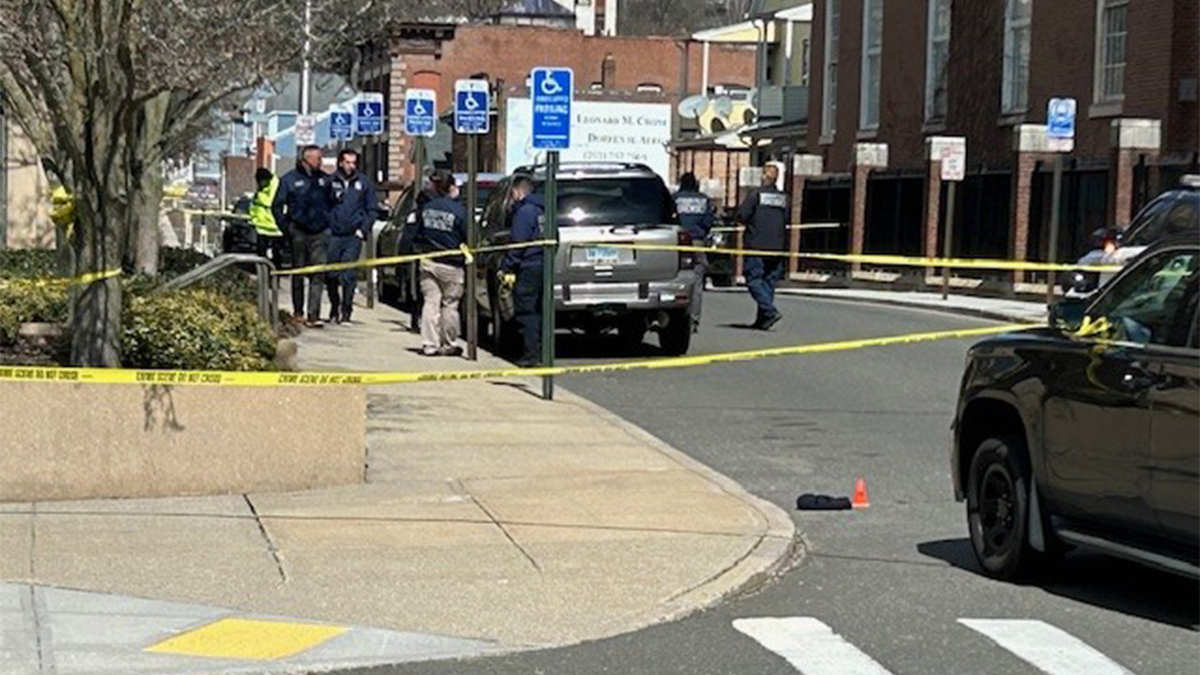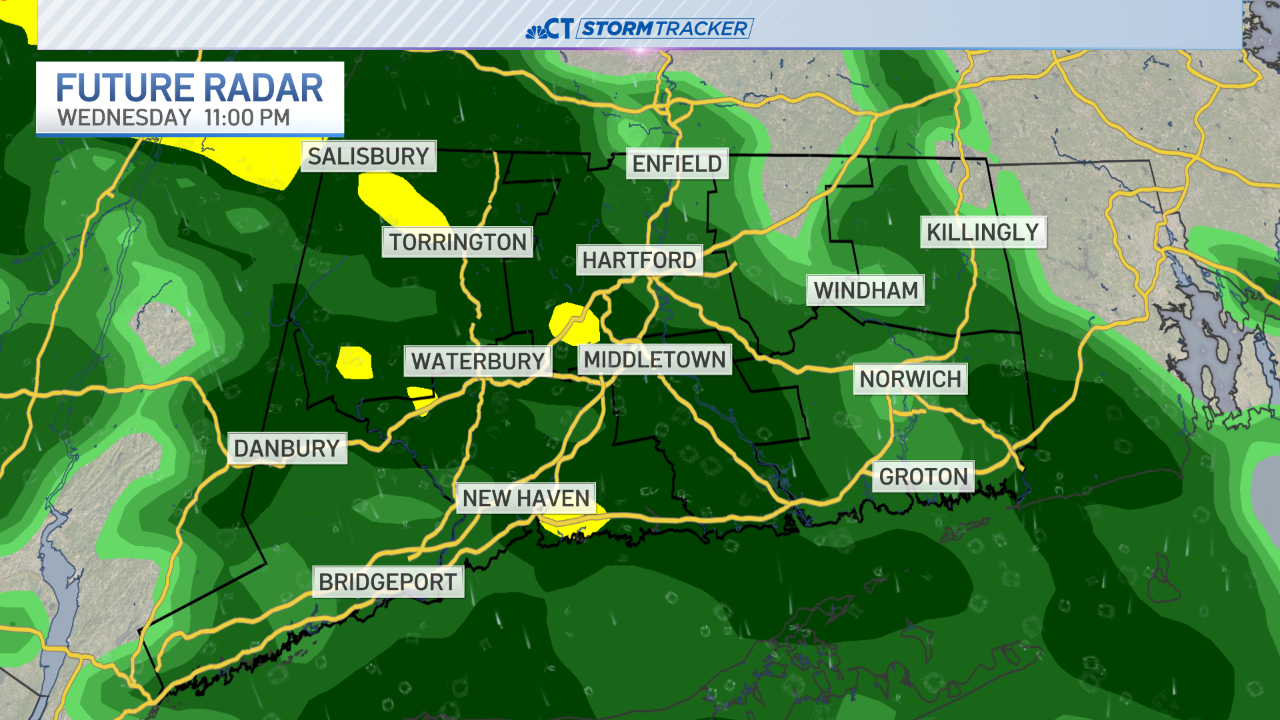The Department of Public Health released preliminary data Wednesday that shows Black residents are getting vaccinated at a rate far below white residents.
“The governor and I are working with faith leaders and community organizations in our urban areas across Connecticut to encourage our black and brown residents to get vaccinated,” Lt. Gov. Susan Bysiewicz said.
But it hasn’t been enough based on the preliminary data.
As of Feb. 3, the Department of Public Health released data that showed of the more than 333,800 doses it administered, only 3.4% went to Black residents while about 5.2% went to Hispanic residents and 187,000 doses or 56% went to white residents.
Among the 75 and older population, Black residents have received 2,248 doses and Hispanic residents have received 2,780 doses while more than 71,600 white residents in that age group have received doses.
Are the Black and Brown communities skeptical or hesitant based on history?
“I don’t think hesitancy means a no. I think we’ve got to start there that hesitancy is a question about what you need to do,” Mark Masselli said.
Local
Masselli is the CEO of Community Health Centers, Inc. and he said they are working hard to educate the community.
“You’re absolutely right that our Black and Brown populations are not being well-served,” Masselli said.
Yvette Highsmith-Francis, vice president of the Community Health Center Eastern Region, said it’s about education and access.
“It is so important for our Black and Brown community to be aware of the opportunities to access the vaccine. Number two, have all questions and concerns you know addressed accurately to be able to make an informed decision,” Highsmith-Francis said.
She added that “making sure that the vaccine is available wherever people are to be able to come to a mass vaccine clinic like this is great.”
But also in the community, “places of worship, senior centers, senior congregate housing locations, homeless shelters are all places where we [the Community Health Center] are partnering to bring the vaccine to those individuals,” Highsmith-Francis said.
Dr. Cato Laurencin, the Albert and Wilda Van Dusen distinguished endowed professor at the University of Connecticut, said there are a number of reasons why the numbers are low in Connecticut and across the country.
“Obviously, we know there’s a certain level of vaccine hesitancy in the Black community, this is from issues of historic racism that have taken place, and continued racism taking place has provided that mistrust of the medical system,” Laurencin said.
Laurencin said they need to build trust within the Black community.
“I think answering questions in a forthright and honest way to the Black community I think is the first thing that we should be doing,” Laurencin said.
Laurencin created an hour-long webinar that’s posted on the National Academy of Medicine website which seeks to answer some of the questions he’s hearing.
“Some don’t trust the system that brought us the public health service study of Black men in Tuskegee. The system that still has tremendous health disparities in terms of treatment of Black people,” Laurencin said.
What needs to be done?
“Gaining trustworthiness, utilizing trustworthy people to talk to people to Black people about the vaccine, making sure that there’s access and making sure that the most vulnerable areas in our cities and towns have access to the vaccine," Laurencin said.
He said the state needs to focus on access to the vaccine.
“There are issues in terms of transportation and being able to access the vaccine and those have to be worked on by the state in terms of moving forward to make sure that there is equity in terms of the ability of people having the vaccine,” Laurencin said.
Department of Public Health Commissioner Deidre Gifford said in a statement that they are redoubling their efforts to ensure the vaccine is reaching populations that have been disproportionately impacted by COVID-19.
“We didn’t need to wait for that data yesterday to know this was going to be an area where additional focus was required,” Josh Geballe, Gov. Ned Lamont’s chief operating officer, said.



